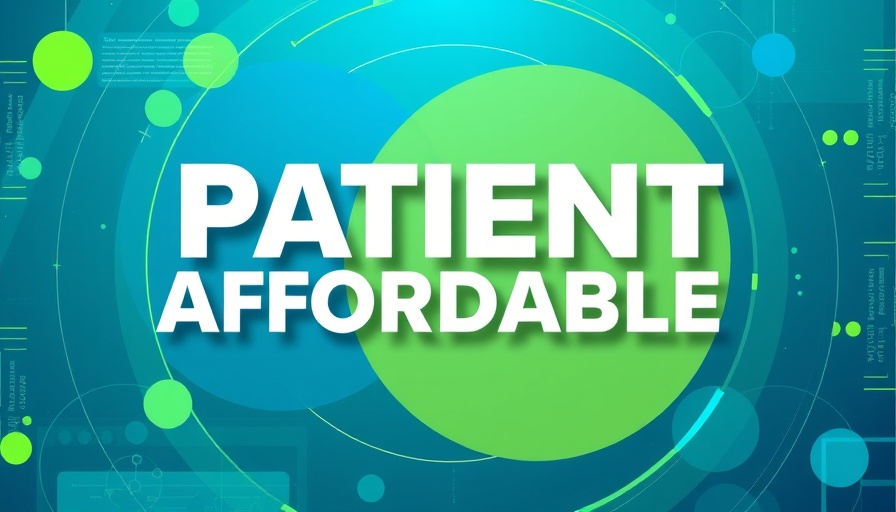
Understanding the Journey of Substance Abuse Recovery
As parents, witnessing a loved one struggle with substance abuse can be one of the most challenging experiences. It’s essential for families to understand the journey of recovery, which often begins with recognizing the issue and seeking appropriate treatment options. Substance abuse recovery is not simply about the cessation of drug use; it involves multiple stages that encompass mental, emotional, and social healing. Through this article, we will explore the facets of addiction treatment, the different rehabilitation programs available, and how families can empower their loved ones toward healing.
Recognizing the Signs of Substance Abuse
Identifying substance abuse in a loved one can be difficult, as many individuals go to great lengths to hide their addiction. Common signs include sudden changes in behavior, decline in academic or work performance, social withdrawal, and physical symptoms such as changes in appetite or mood swings. Being aware of these signs can help parents initiate timely discussions about seeking help, enabling them to address the issue before it escalates.
The Importance of Professional Treatment Options
Once a parent recognizes the signs of substance abuse, the next step is exploring treatment options. Inpatient rehab facilities offer intensive care for individuals needing to detoxify and stabilize in a structured environment. This may include dual diagnosis treatment for individuals facing co-occurring mental health issues, such as depression or anxiety, alongside their addiction. Outpatient rehab programs provide flexibility, allowing individuals to attend therapy during the day and return home at night, which is often complemented by group therapy sessions that encourage social support.
Holistic Approaches to Recovery
Many rehab centers now incorporate holistic rehab options, recognizing the importance of treating both the mind and body in recovery. Techniques such as yoga, meditation, and nutritional therapy are employed to enhance the effectiveness of traditional evidence-based treatments. Moreover, integrating therapies like art therapy, equine-assisted therapy, or wilderness therapy programs can engage patients in new and healing ways, making recovery a more comprehensive journey.
The Role of Family in Recovery
Family involvement is crucial during the recovery process. Family counseling can help families understand addiction and its effects on relationships. Moreover, education around relapse prevention strategies is essential, equipping both the person in recovery and their loved ones with the tools needed to maintain sobriety post-treatment. Support groups like Narcotics Anonymous and Alcoholics Anonymous can also provide ongoing community support that families can tap into.
Aftercare: The Key to Long-Term Success
Aftercare programs are fundamental in ensuring sustained recovery. They provide a safety net for individuals transitioning from rehab back to their daily lives. This might include sober living homes or continued group therapy sessions that focus on life skills training and coping mechanisms to deal with cravings. Understanding the importance of aftercare can help families better support their loved ones, facilitating a smoother transition into a sober lifestyle.
Conclusion: Taking Action Towards Recovery
Substance abuse is a complex issue, but with the right resources and support, recovery is attainable. Parents should not hesitate to seek help—for themselves and their loved ones. The path to recovery involves education, treatment, and ongoing support, ensuring that individuals receive comprehensive care tailored to their unique needs. If you suspect someone in your family may be struggling with drug or alcohol addiction, take action today. Contact local recovery resources or speak with a professional to explore the best treatment options.
 Add Row
Add Row  Add
Add 




 Add Row
Add Row  Add
Add
Write A Comment